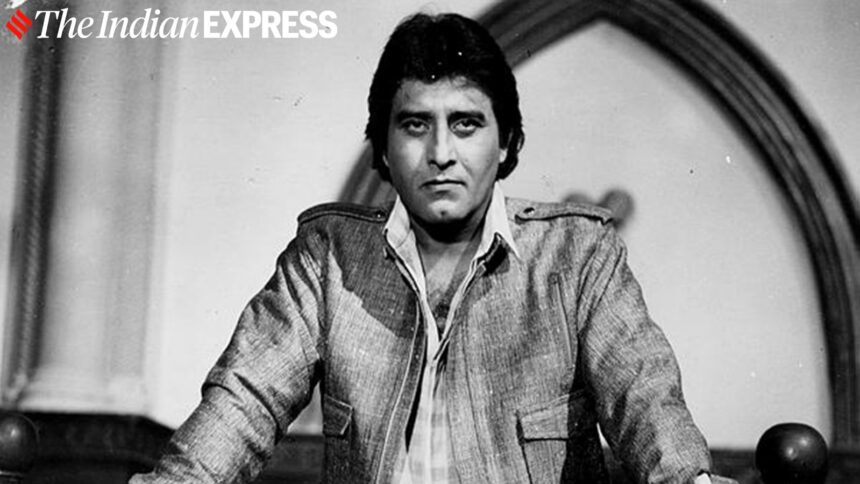When someone appears to ‘have it all’ yet walks away from success, it often leaves people searching for answers.
Ma Anand Sheela, the former spokesperson of the Rajneesh movement, recently reflected on one such story — actor Vinod Khanna’s decision to leave Bollywood at to join Osho’s commune in Oregon during the early 1980s. According to Sheela, who was a key figure at Rajneeshpuram, Vinod’s struggles ran deeper than the public knew. “He had everything back home, but he wasn’t happy. On top of that, he consumed alcohol. It is a bad combination: Unhappiness and alcohol,” she told .
Sheela also hinted that his personal life was in turmoil. When asked about it, she remarked, “I think that was his struggle from what I could understand.” Although she didn’t explicitly confirm whether he found peace during his time at the commune, she added, “Marital problems are very prevalent in the world. They can make or break someone.”
Neha Cadabam, senior psychologist and executive director at Cadabams Hospitals, tells , “Alcohol can create a temporary sense of relief, which is why many turn to it during emotionally difficult times. However, over time, it lowers the brain’s ability to regulate emotions and . Rather than numbing pain, alcohol often amplifies underlying feelings like sadness, anxiety, or loneliness, especially when it becomes a habitual escape.”
It can also impair judgement and reduce impulse control, she adds, which means individuals might make choices or express emotions they later regret. This creates a cycle where emotional struggles deepen and alcohol becomes a crutch, making it harder to process the root causes of one’s distress in a healthy way. In cases of ongoing unhappiness, alcohol can intensify feelings of isolation and helplessness rather than offering true comfort or healing.
Cadabam says, “Unresolved relationship conflicts, especially in close, long-term partnerships, can be emotionally exhausting. When communication breaks down or emotional needs go unmet for extended periods, individuals often experience chronic stress, low self-esteem, and feelings of rejection or resentment.” She notes that these “emotional undercurrents” can cloud a person’s judgment, making it harder to approach problems calmly or seek help.
Without support or resolution, these issues can lead to impulsive decisions, she states, such as walking away from a career or lifestyle that once felt meaningful in search of peace, clarity, or validation. “Emotional burnout from relationships is often underestimated, yet it can profoundly impact mental well-being and life choices.”
Cadabam explains that the search for or emotional clarity often begins when people realise that the life they’ve built no longer aligns with their inner world. “For some, this realisation comes after personal losses, burnout, or periods of intense emotional pain. Seeking a spiritual path or choosing a dramatically different lifestyle becomes a way to rediscover meaning, reconnect with themselves, or find peace that eluded them in conventional settings,” she says.
Ultimately, these choices reflect a deep human need to feel whole and at peace, not just successful.








